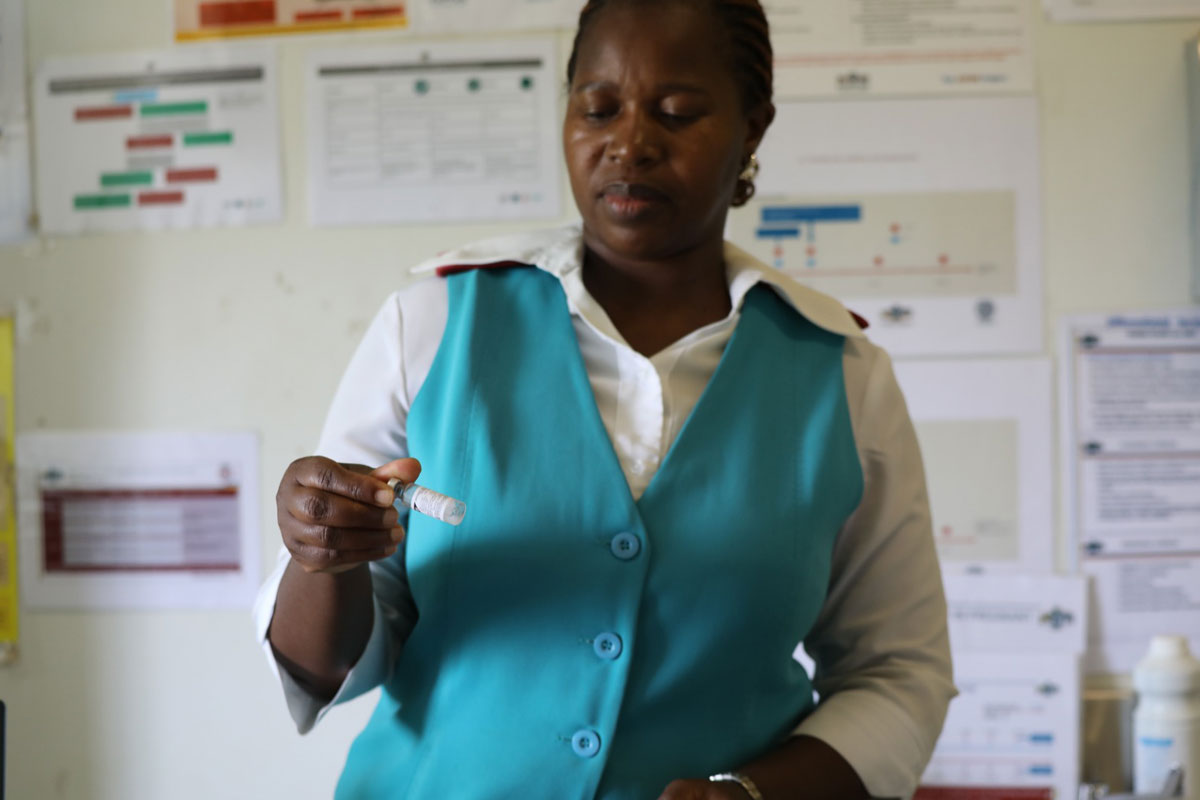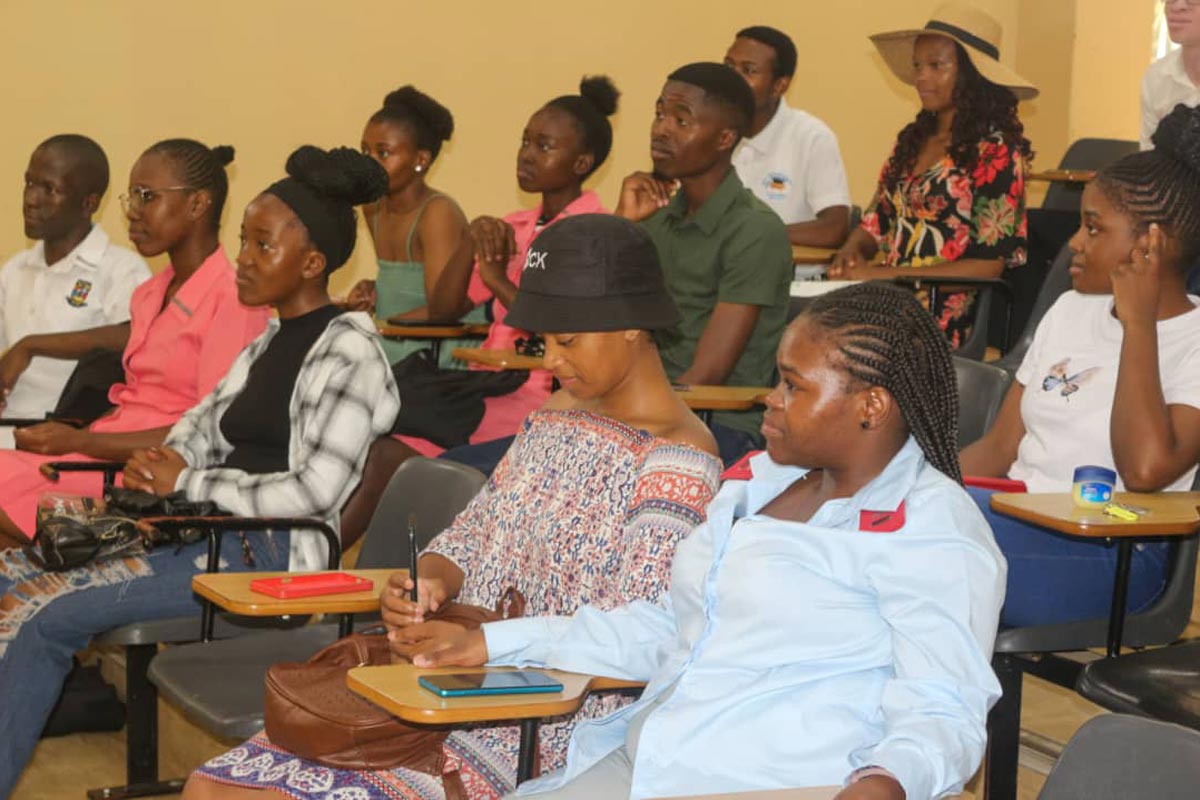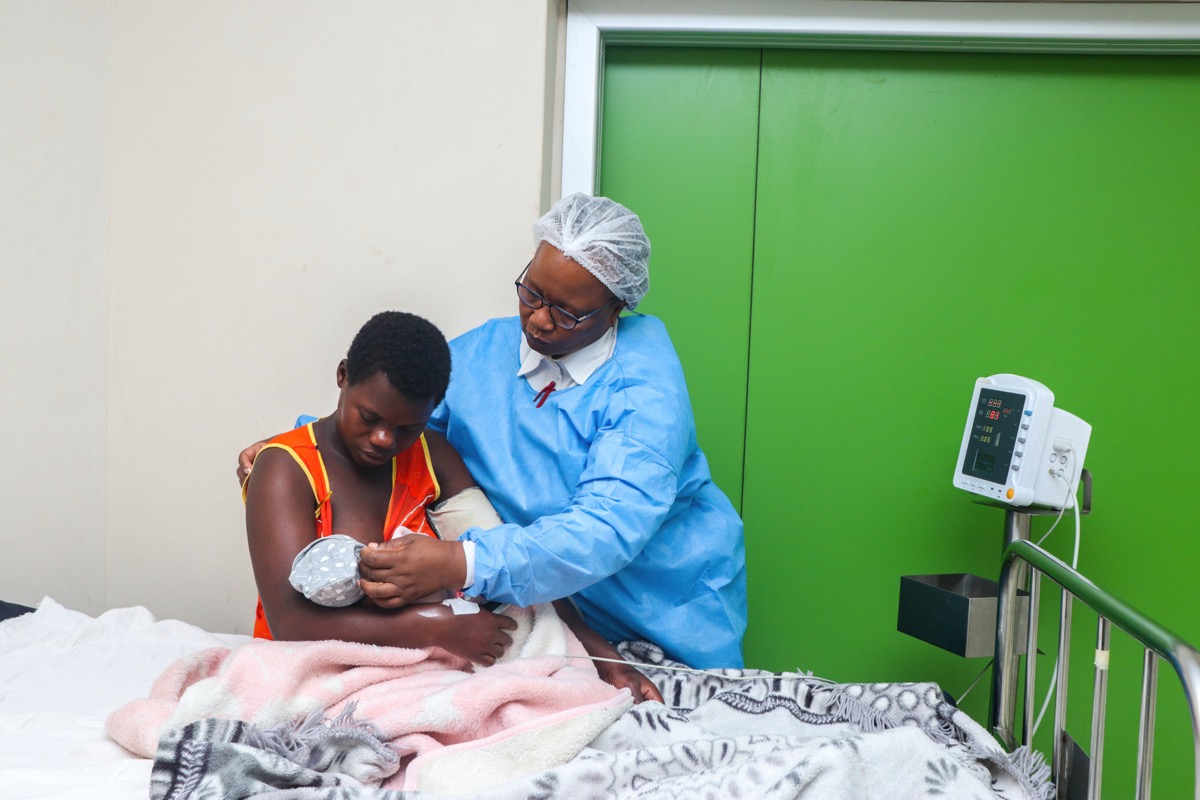Thea Litschka-Koen and Eswatini's snakebite survival miracle
Snakebite envenoming is classed as a neglected tropical disease – but thanks in large part to one woman, in Eswatini it’s far from a forgotten problem.
- 7 November 2024
- 5 min read
- by Nokukhanya Musi–Aimienoho
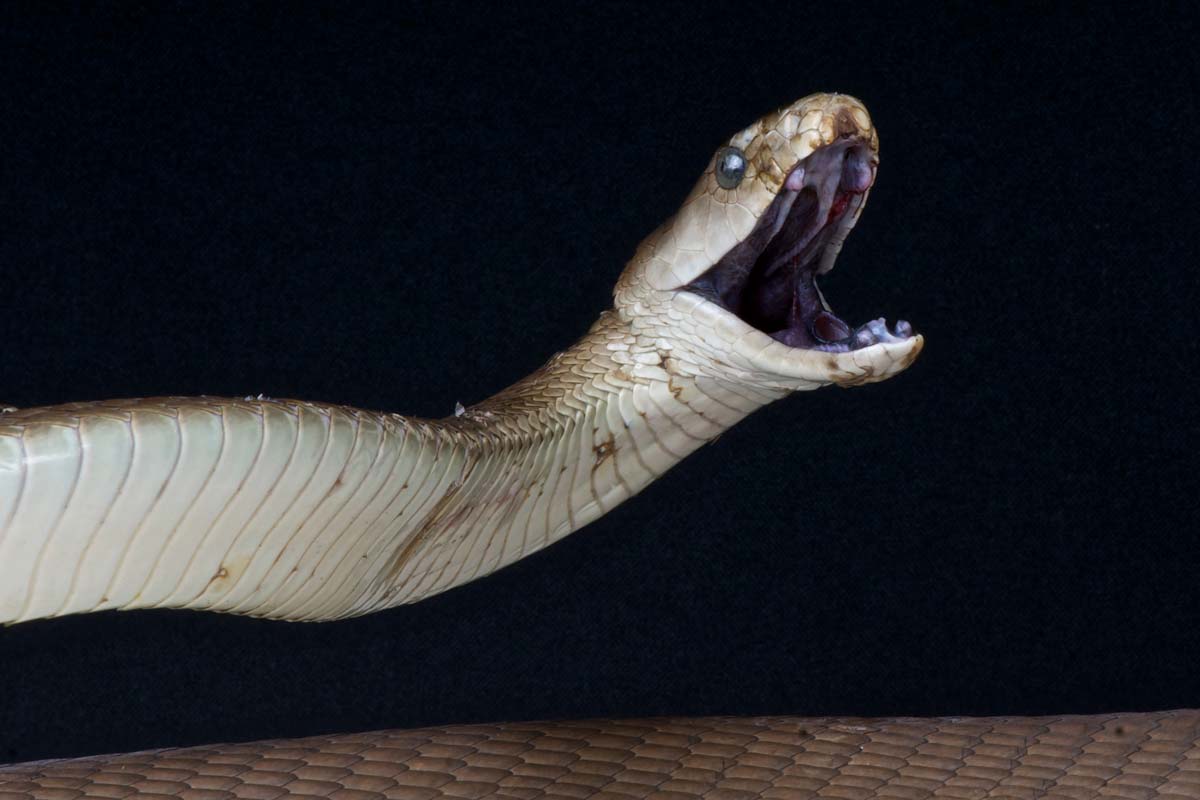
In the subtropical kingdom of Eswatini, venomous snakes and humans share a wary coexistence. Abundant moisture and warm temperatures year-round create a comfortable habitat for many snake species, including some very dangerous ones like the puff adder, Mozambique spitting cobra and black mamba.
Eswatini typically sees between 200 and 400 serious snakebite cases a year, according to the World Health Organization (WHO). Bringing down those numbers – and reducing the damage done by snake envenoming – is the single-minded mission of Thea Litschka-Koen, founder of the Eswatini Antivenom Foundation (EAF).
Over the years, her efforts propelled a remarkable achievement: a zero snakebite fatality rate in Eswatini, a previously unimaginable feat with the potential to change the narrative of snakebite mortality in the tiny nation.
“With this anti-venom and our snake rescue network, we were able to achieve something incredible – a zero snakebite fatality rate. But the fight isn’t over. There are still countless communities across Africa that are vulnerable to snakebites.”
- Thea Litschka-Koen
Becoming “the snake lady”
Litschka-Koen’s professional background is, surprisingly, in hotel management. But decades ago she helped her son out on a school project and it sparked an enduring fascination with snakes. She developed a reputation as a skilful snake-catcher, called on regularly by alarmed members of her community.
Her career took another turn when she met one mother and her injured 18-month-old child. “The baby’s foot had been bitten by a Mozambique spitting cobra, and was virtually gone. I couldn’t just stand by and let this happen. That’s when I turned to the world for help. And that’s how I connected with Dr Sean Bush.”
Dr Bush, an American emergency physician and snakebite envenoming expert, intervened and the child’s foot was saved.
This pivotal moment served as a catalyst for Litschka-Koen, who then focused her efforts on raising public awareness and developing a snake rescue network. Her tireless efforts have won the support of the UK Embassy and the EU and have resulted in the creation of a volunteer network of over 100 community-based snake rescuers, trained to safely remove snakes from homes and farms before they could cause harm.
But this was just the beginning. Litschka-Koen's unrelenting advocacy, coupled with international support, led to the creation of a ground-breaking solution to the country’s anti-venom shortages.
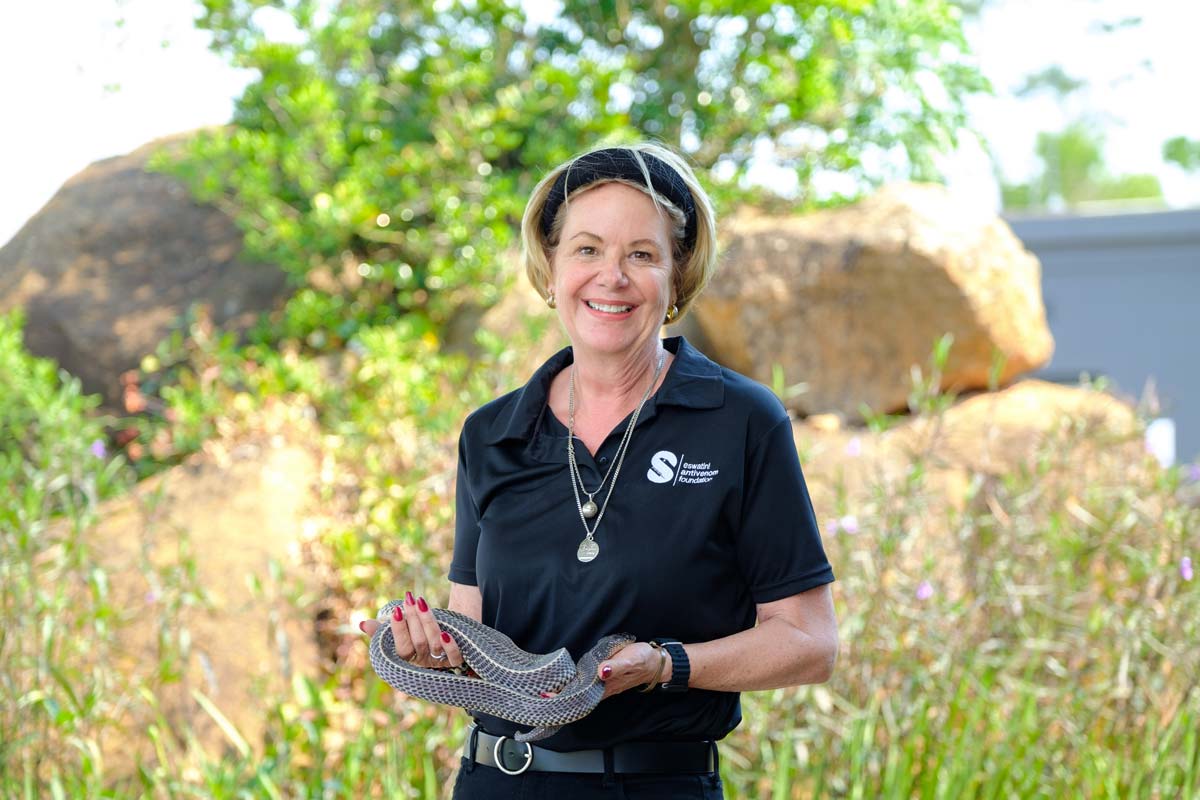
Zero deaths in 2023-24
In partnership with the Instituto Clodomiro Picado (ICP) in Costa Rica and funding from the Wellcome Trust, she helped develop EchiTAb-ICP, a new polyvalent anti-venom covering multiple snake species in Eswatini and across southern Africa.
“With this anti-venom and our snake rescue network, we were able to achieve something incredible – a zero snakebite fatality rate. But the fight isn’t over. There are still countless communities across Africa that are vulnerable to snakebites,” she adds. Not a single life was lost in Eswatini’s 2023–2024 snakebite season.
Driving that landmark success has been an alliance of diverse institutions that includes the EAF, the Instituto Clodomiro Picado (ICP), the Ministry of Health (MoH), the Luke Commission (TLC) and other health care facilities.
TLC, a non-profit health care facility, plays a vital role in specialist snakebite care and treatment in Eswatini, operating a 24/7 Snakebite Treatment Unit, which admitted as many as 420 snakebite patients last year. Many of them, says TLC’s managing executive director Echo VanderWal, were referred through an automated national system that allocates the fitting care at the right time for every patient.
VanderWal lauds Litschka-Koen’s tireless advocacy. “Thea has been instrumental in ensuring not only public awareness and quick action to move patients to a facility with critical care and access to anti-venom, but also an uninterrupted supply of anti-venom, which is crucial for saving lives,” she adds.
“Instead of waiting months or years for anti-venom orders to be fulfilled, anti-venom orders from the new supplier are fulfilled within weeks,” VanderWal explains. “In the past year, TLC received 400 vials from ICP. We are thrilled to have a reliable source of effective anti-venom in Eswatini. Prior to the arrival of this new anti-venom the anti-venom available had a high risk of anaphylactic shock. With the new anti-venom our team has not encountered a single case of anaphylaxis. The fact that we no longer face anaphylaxis cases has been a breakthrough for patient care,” she points out.
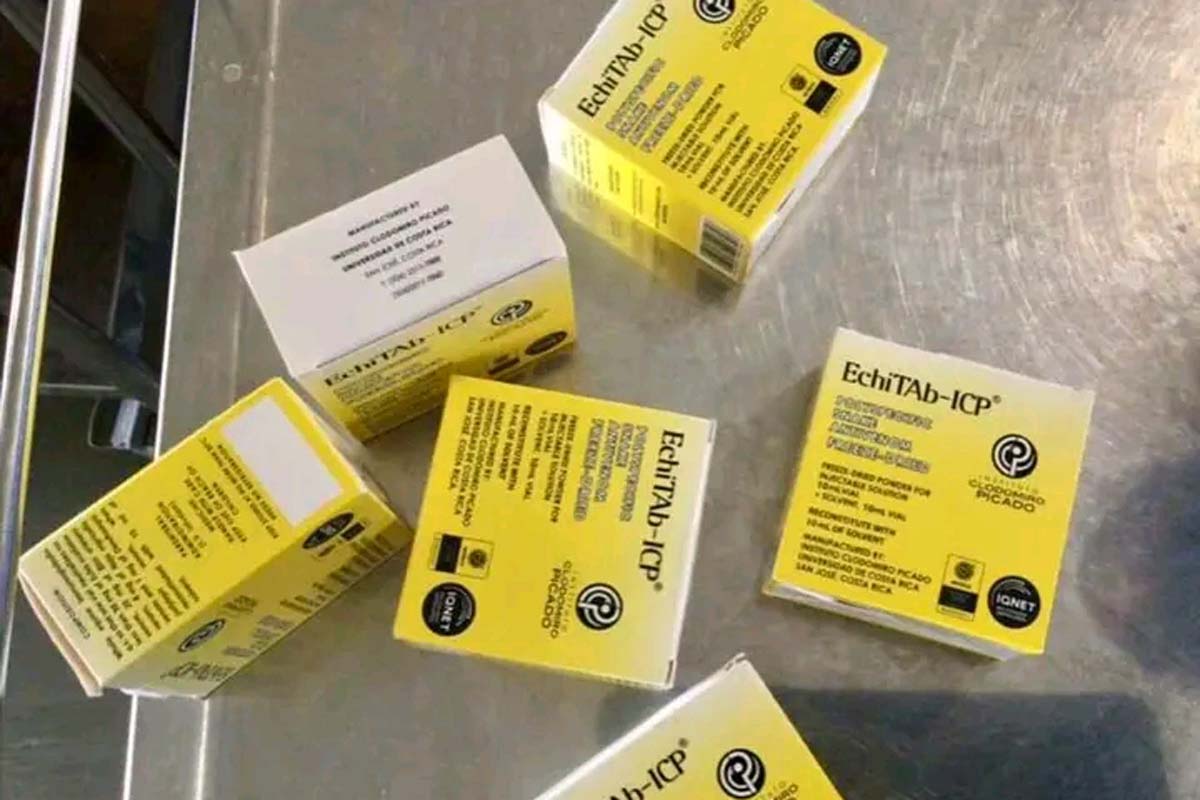
Surviving the black mamba
TLC’s critical care hospital operates with over 500 dedicated team members providing 24/7 care to snakebite victims such as 13-year-old Cebolenkosi Tsabedze, who was bitten by a black mamba.
Cebolenkosi’s father, Nkosingiphile Tsabedze, relates his son’s horrifying experience.
“Having received a call that my son had been bitten by a snake, I rushed home to find that his grandmother had administered a rural first aid, a traditional aloe vera and urine mixture but it didn’t work. We decided to take him to the clinic but we had no transport. On our way to the clinic, I received a call from TLC informing us that they were on the way. They saved the day.”
Have you read?
National commitment
Together with the EAF, the Ministry of Health has been actively working towards the common goal of reducing snakebite fatalities. The procurement of the EchiTAb-ICP anti-venom in 2023 played a critical part in achieving this mission.
Nsindiso Tsabedze, Communications Officer for the Ministry of Health, emphasised the ministry’s commitment to snakebite prevention efforts, stating, “Eswatini’s programme is still growing and will benefit from sharing best practice and knowledge with other countries. The whole health system needs to strengthen and support all emaSwati, even in remote areas. Eswatini’s Ministry of Health is committed to ensuring access to essential medicines.”
But both Litschka-Koen and famed activist Britain Watts, who has survived the bites of both the black mamba and the puff adder, emphasise that community awareness is indispensable.
“The availability of anti-venom has saved many lives,” says Watts. But prevention also has a behavioural component. “Rural communities face difficulties because their homes are easily accessible to snakes and we need to educate them to prevent more deaths,” he explains.
Koen agrees. “The first line of defence against snake bites is knowledge,” she says.
